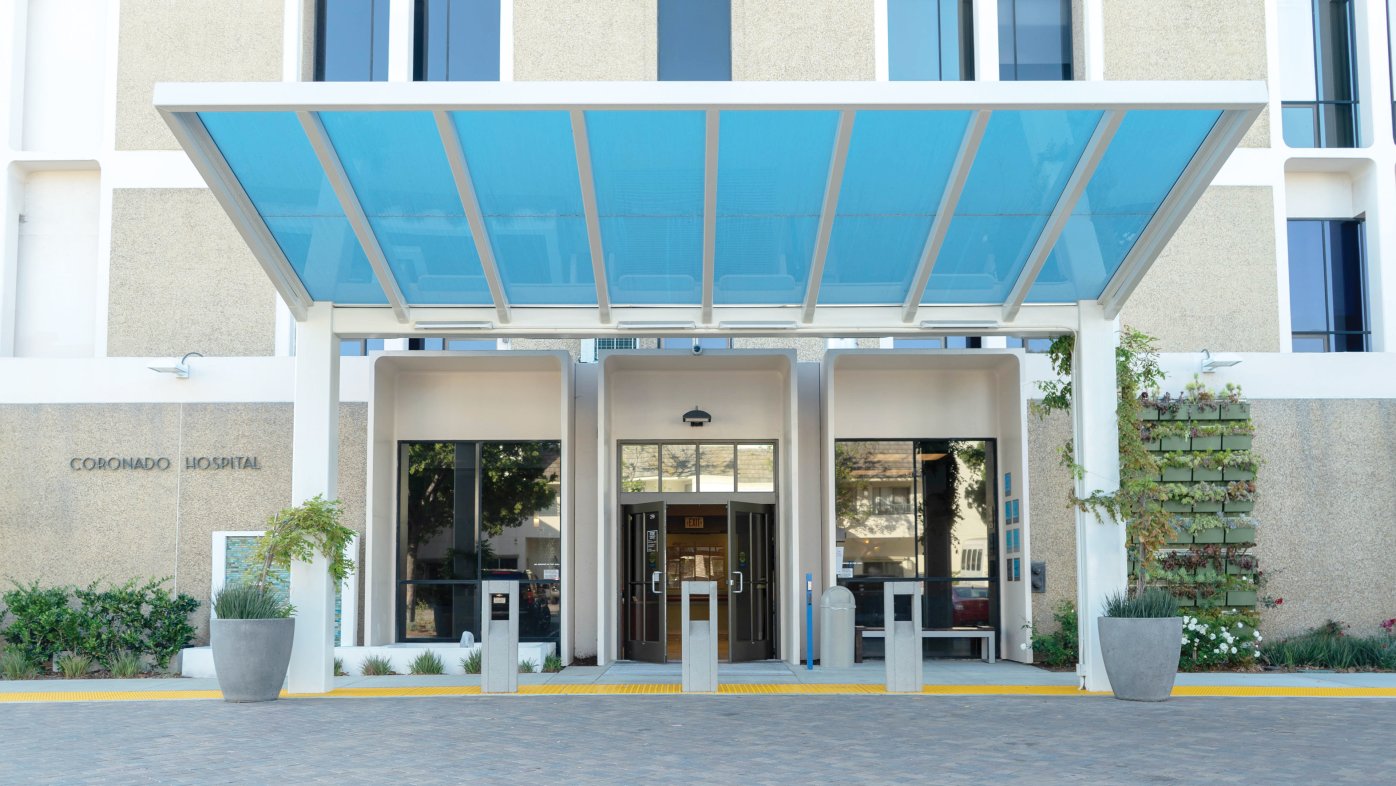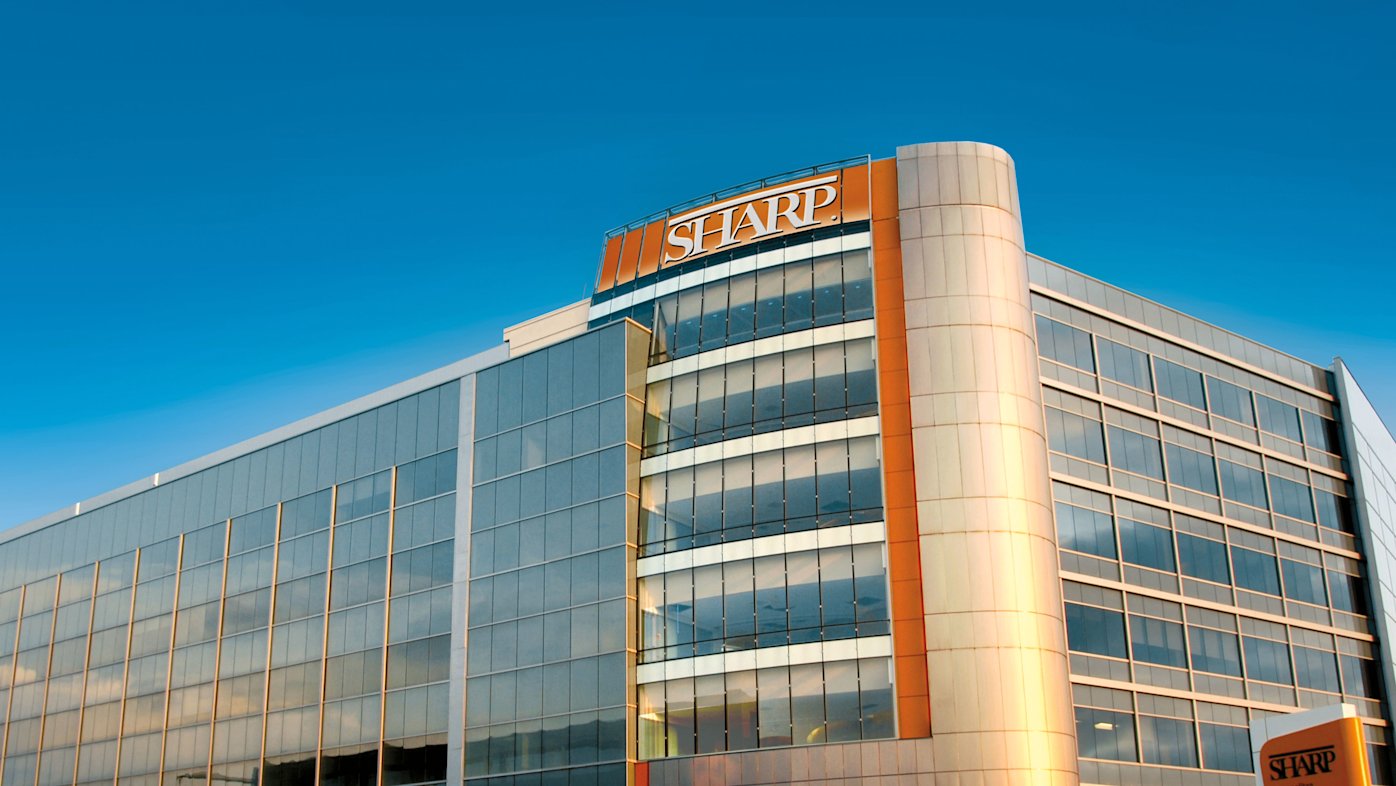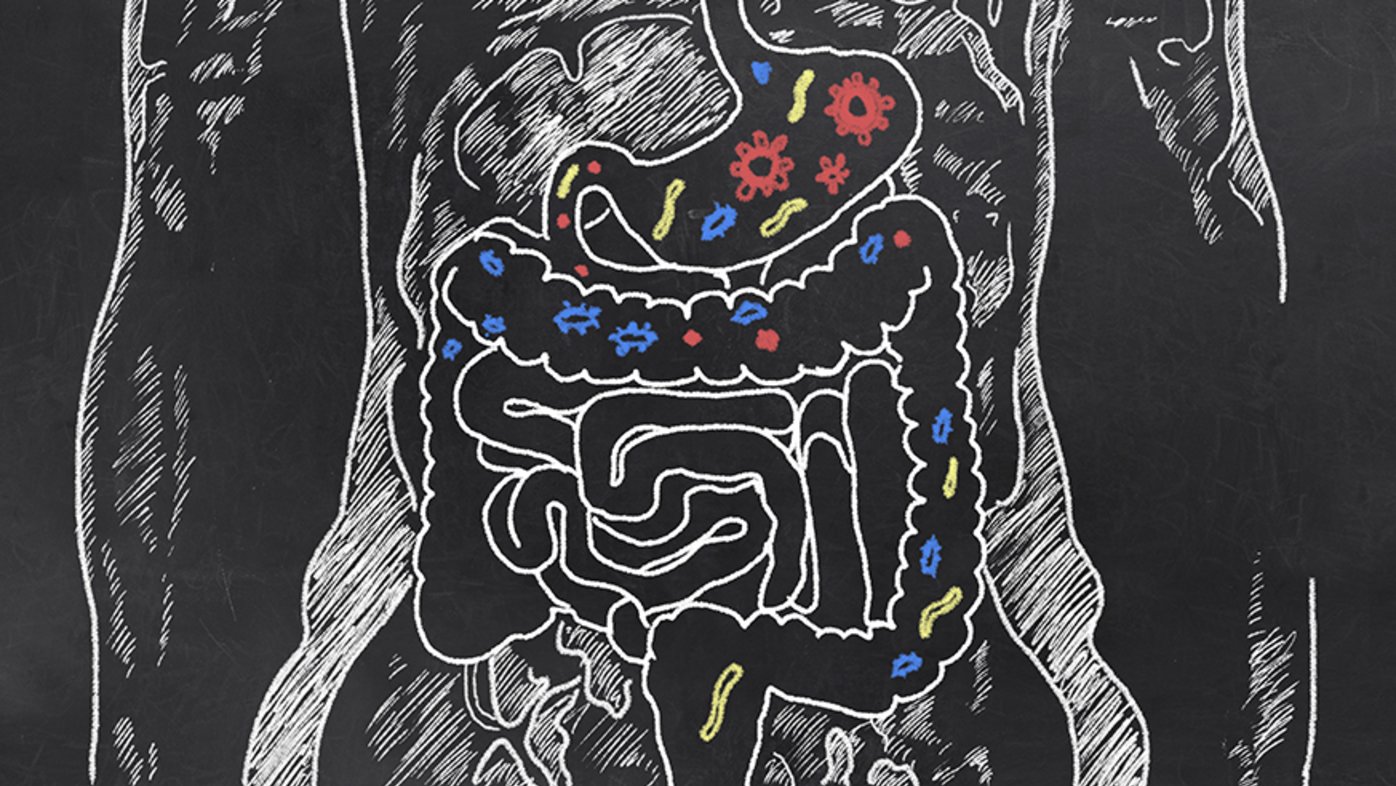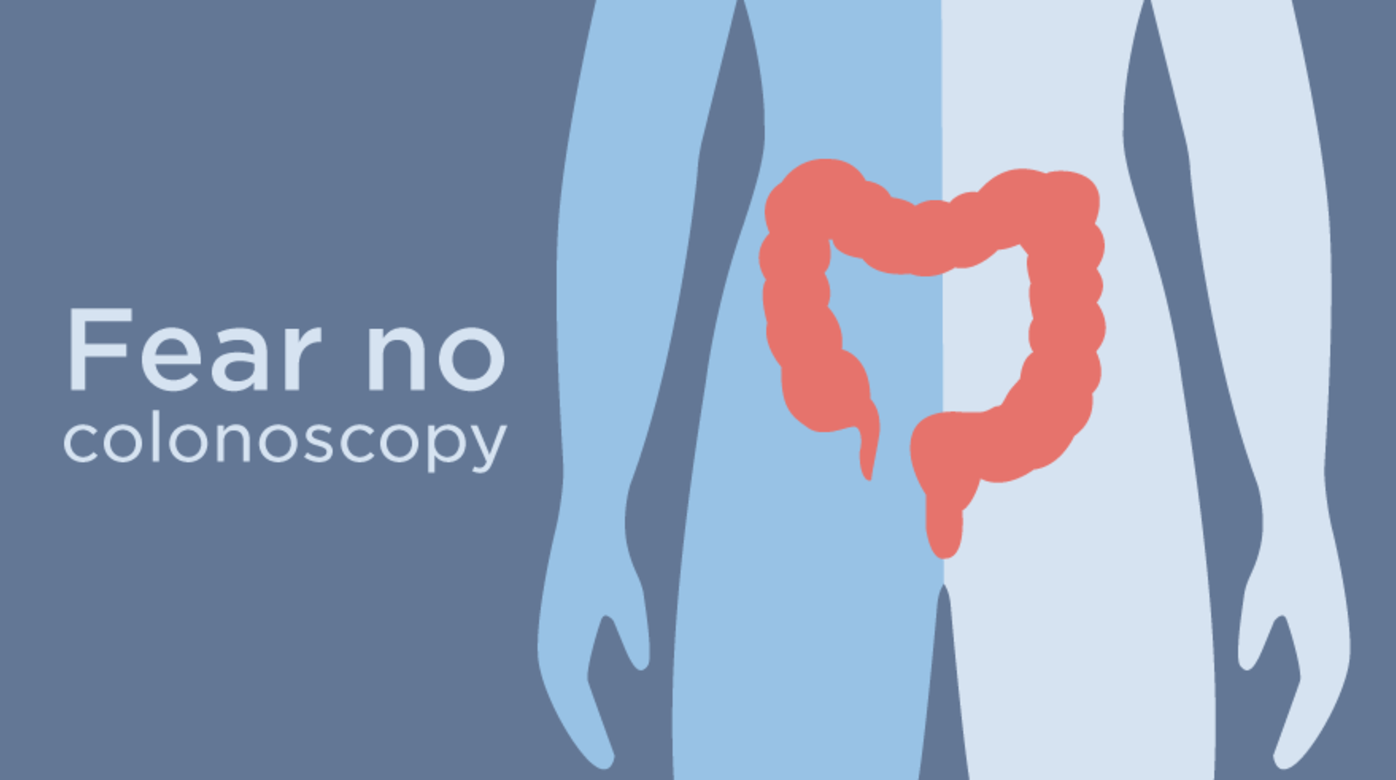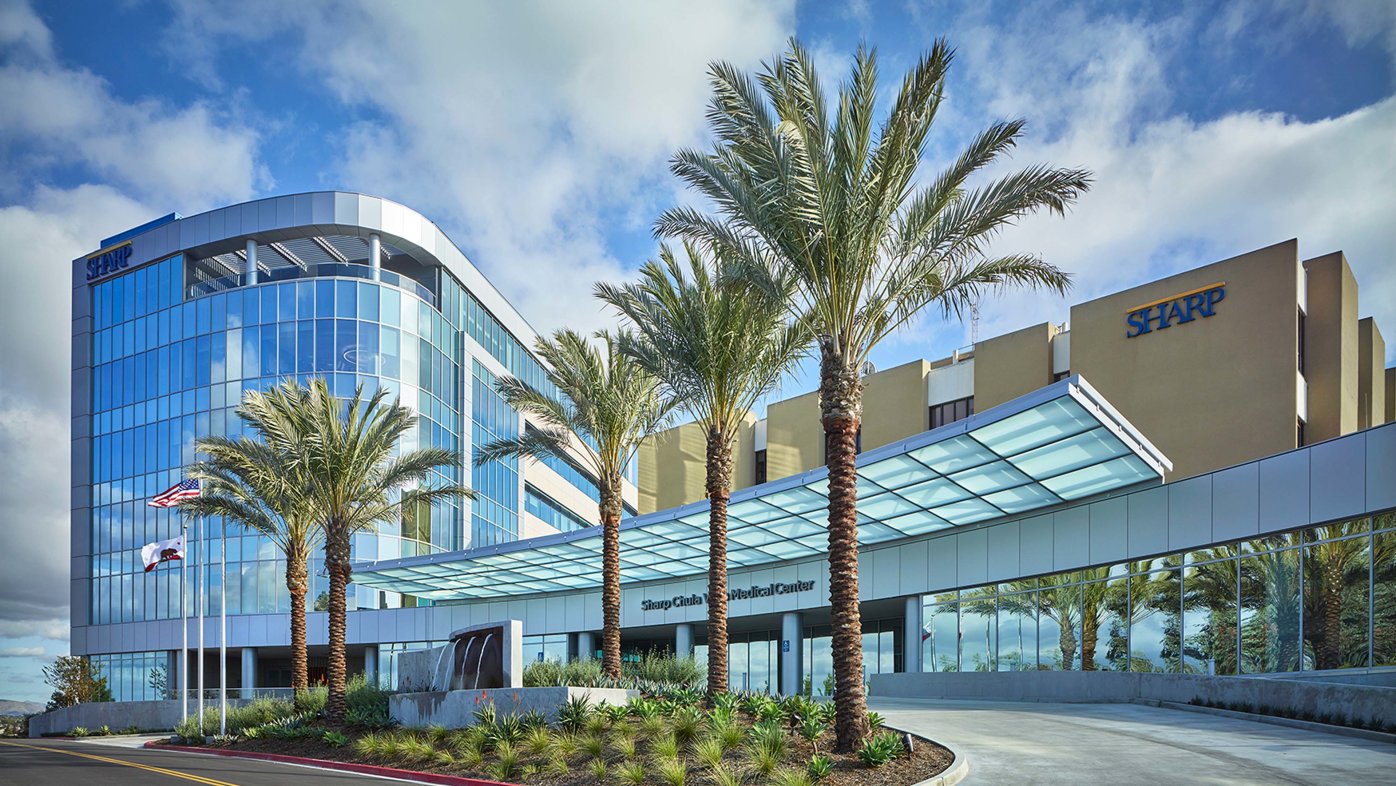

Colon cancer prevention
Earlier detection can save lives
Colon cancer is the third leading cause of adult cancer-related deaths in the United States, with diagnoses among young people becoming increasingly common. However, it's also one of the most preventable and treatable forms of cancer when detected early.
At Sharp, we recommend colon cancer screening begin at age 45. If you have a close relative with colorectal cancer, Crohn's disease, ulcerative colitis or another inflammatory bowel disease, you may be considered high-risk and it's best to consult with your doctor to determine if you should be screened earlier.
Talk to your doctor
There are several screening tests for colon cancer. Your doctor can help determine the best one for you.
Colon cancer screening tests
Because colon cancer usually develops with few or no symptoms, when symptoms do appear the disease is often advanced. Regular screenings detect the disease early and can even head off cancer before it starts.
Several screening tests can be used to find polyps or colorectal cancer. These tests can be managed at home or in a medical setting. Your doctor will consider a variety of factors when discussing which test is right for you.
Screening tests include:
High-sensitivity guaiac fecal occult blood test (gFOBT) — This test uses a chemical to detect blood in the stool. Your doctor will provide you with a test kit to take home, where you will collect a small amount of stool to be sent into a lab for testing.
Fecal immunochemical test (FIT) — This test uses antibodies to detect blood in the stool and is collected in the same way as the gFOBT.
Stool DNA-FIT test — This screening combines the FIT with a test that detects altered DNA in the stool. It involves collecting an entire bowel movement at home for a lab to test.
Flexible sigmoidoscopy — For this test, your doctor checks for polyps and tumors inside your rectum and lower third of your colon using a thin, lighted tube with a camera on the end. This procedure is done in a medical setting, and a thorough cleaning of the colon is required before the test.
Colonoscopy — Your doctor will use a flexible, fiber-optic endoscope to visually examine the rectum and the entire colon. This procedure is done in a medical setting, and a thorough cleaning of the colon is required before the test. What to expect before, during and after your colonoscopy.
Colon cancer treatment at Sharp
At the Cancer Centers of Sharp HealthCare, our highly skilled and compassionate caregivers use the latest screening techniques to minimize discomfort and detect cancer at its earliest stages. If cancer is detected, Sharp has three world-class cancer care facilities across San Diego County that offer high-quality, compassionate care.
Here, we draw on the vast expertise of our highly experienced care team to treat even the most complex colorectal cancers. Our cancer program is nationally accredited by the U.S. Commission on Cancer, so you and your loved ones can rest assured that you’re receiving the highest-quality care, close to home.
Learn more
To learn more about colon cancer screenings or to find a doctor at Sharp, call 1-800-827-4277, Monday through Friday, 7 am to 7 pm.
Cancer care at Sharp
Douglas & Nancy Barnhart Cancer Center at Sharp Chula Vista Medical Center – The South Bay’s leading provider of cancer care. For more information, please call 619-502-5851.
David & Donna Long Cancer Center at Sharp Grossmont Hospital – For advanced cancer treatment and compassionate care in San Diego’s East County area, please call 619-740-4500.
Laurel Amtower Cancer Institute at Sharp Memorial Hospital – For cancer care in Central San Diego with cutting edge treatments, advanced technologies, groundbreaking clinical research and complete dedication to your wellness and vitality, please call 858-939-4466.
Payne Family Outpatient Pavilion at Sharp Coronado Hospital – Colonoscopies can be scheduled at this private, resort-like healing environment. If follow-up is needed, Sharp Coronado staff connects patients to caregiving teams at Cancer Centers of Sharp locations. For more information, please call 619-522-3721.
Locations of colonoscopy services in San Diego
We offer colonoscopies at the following Sharp locations.
Discover colon care news
Find a gastroenterologist near you
Choose the San Diego gastroenterologist who's right for you
